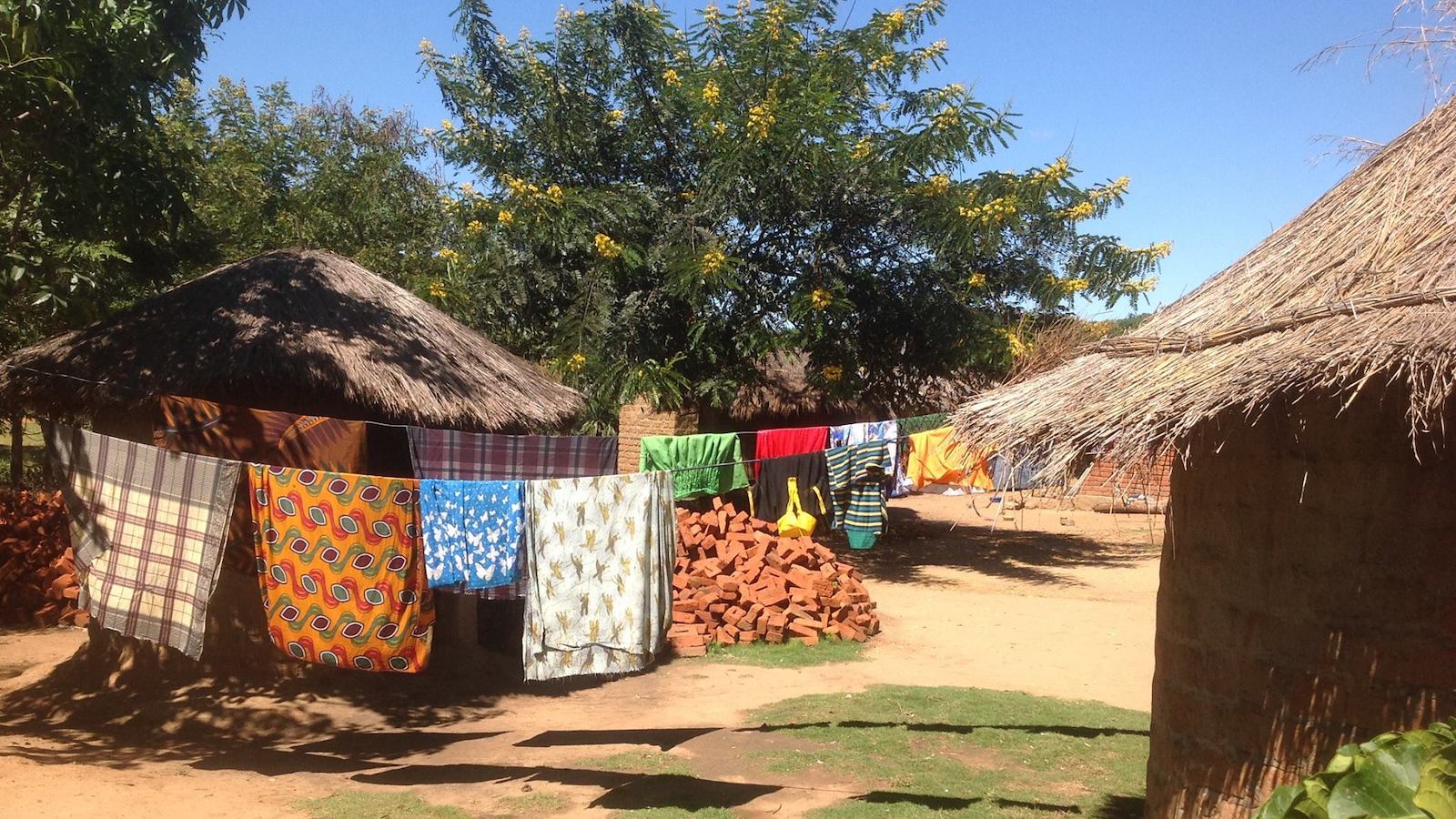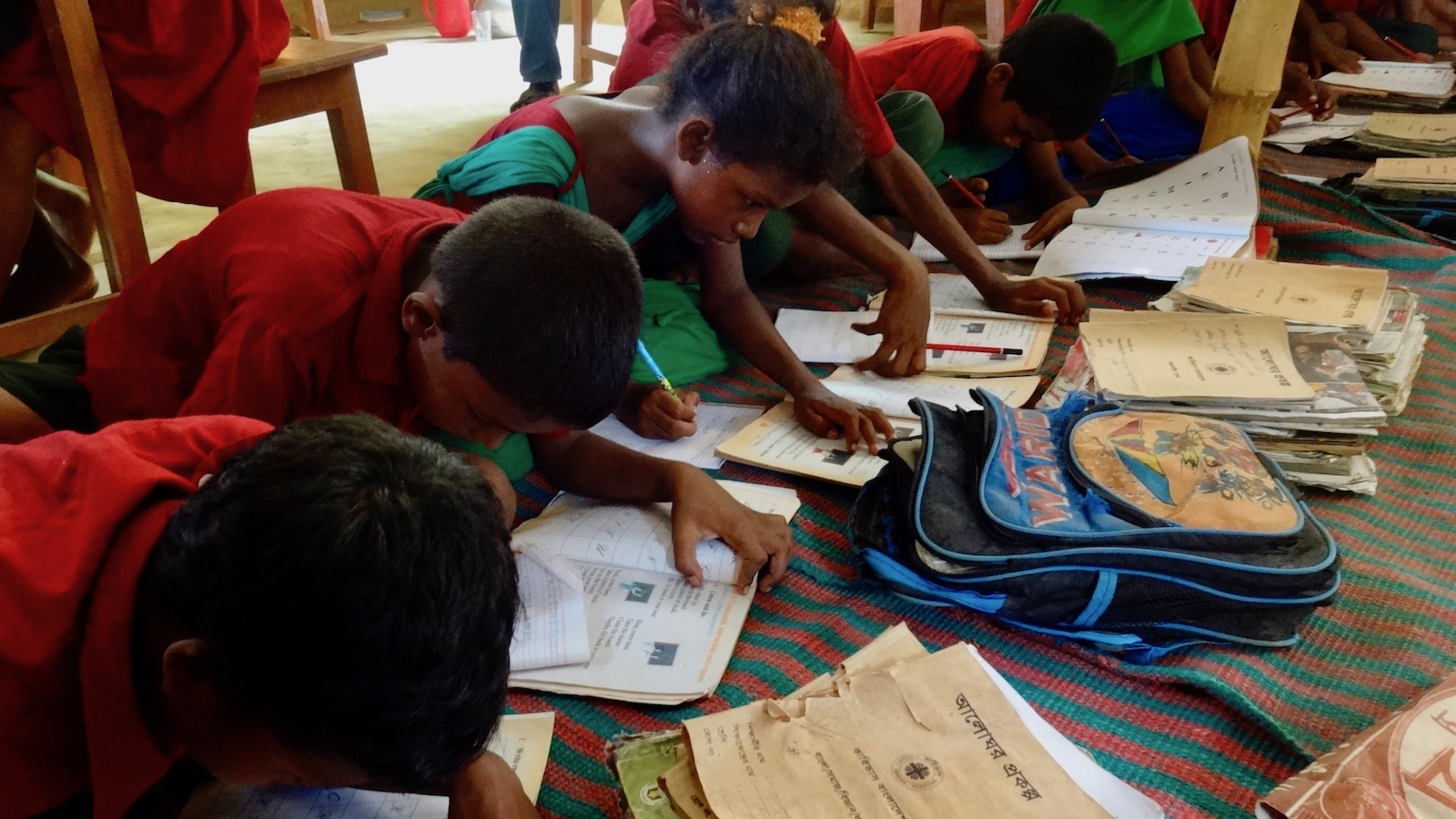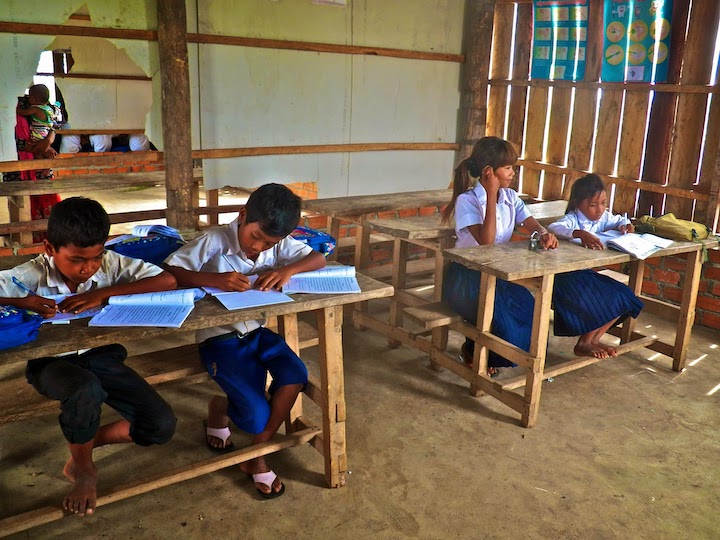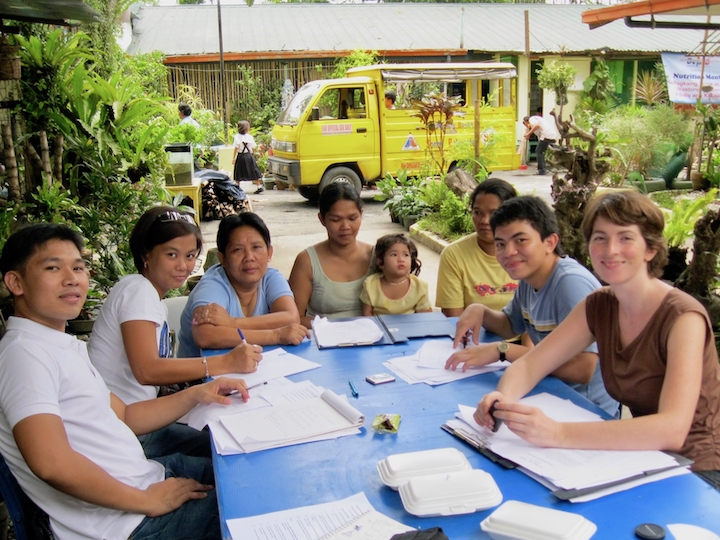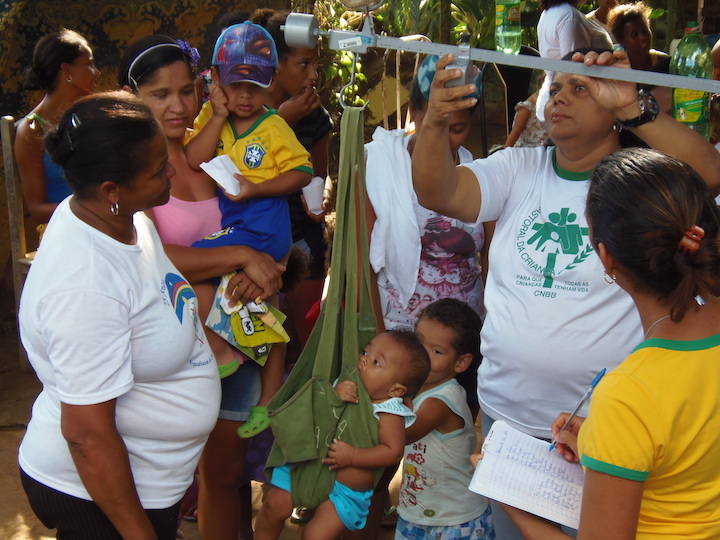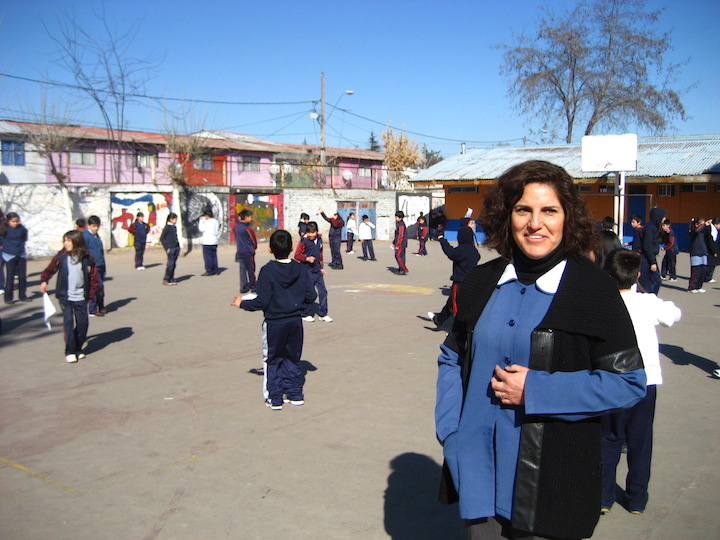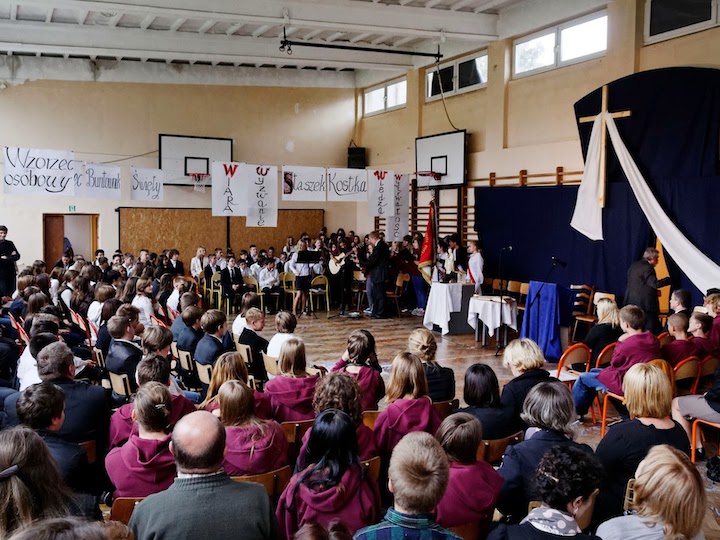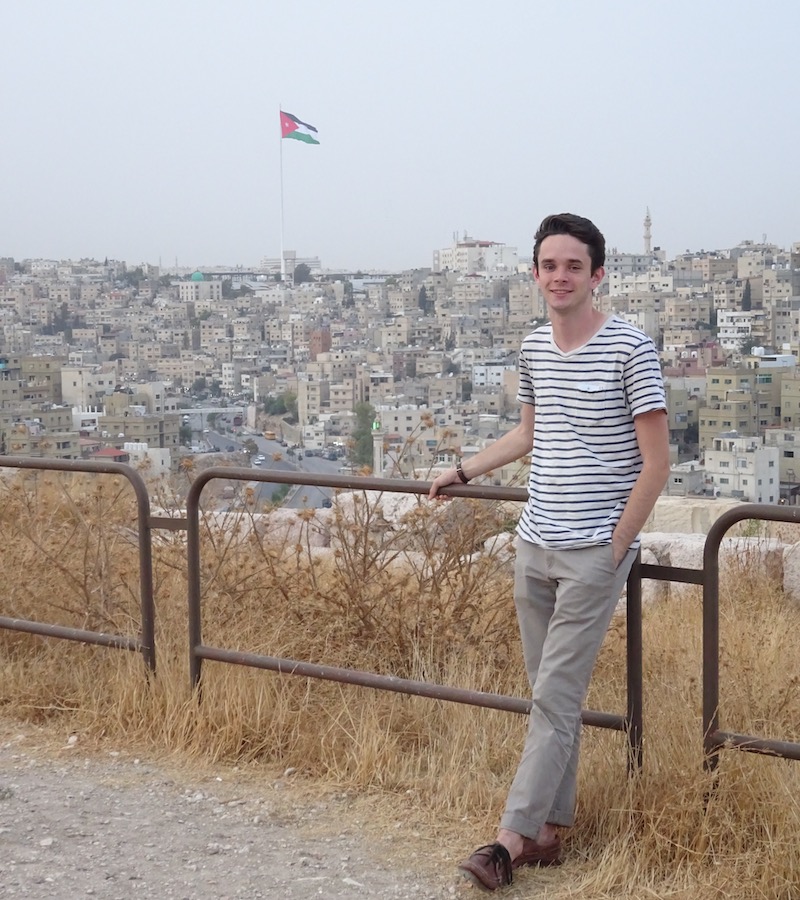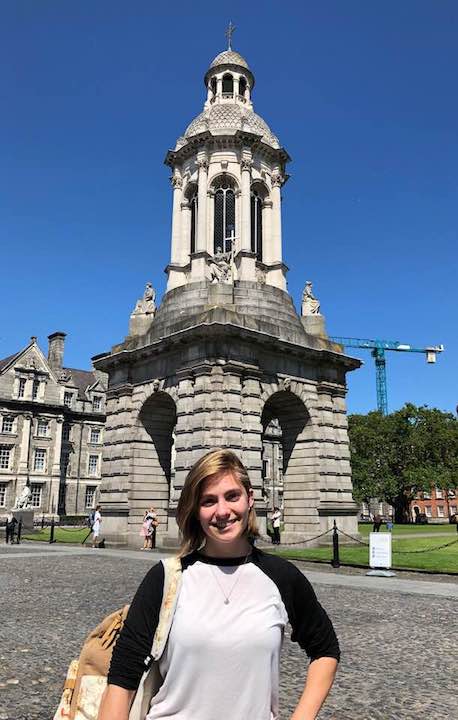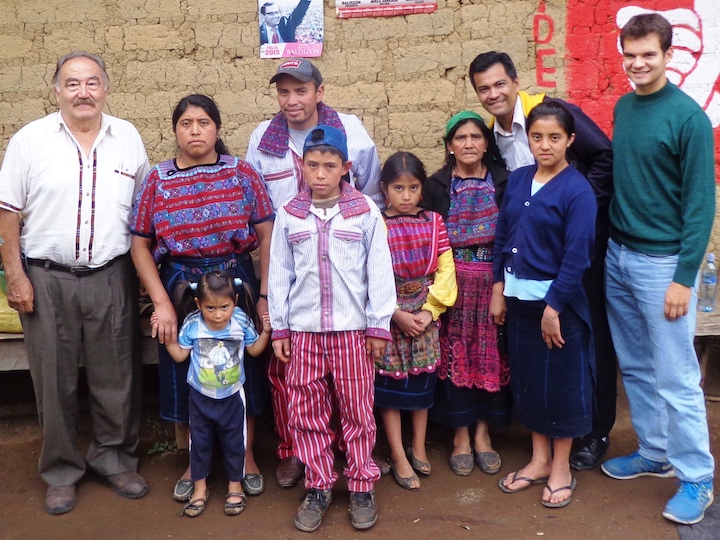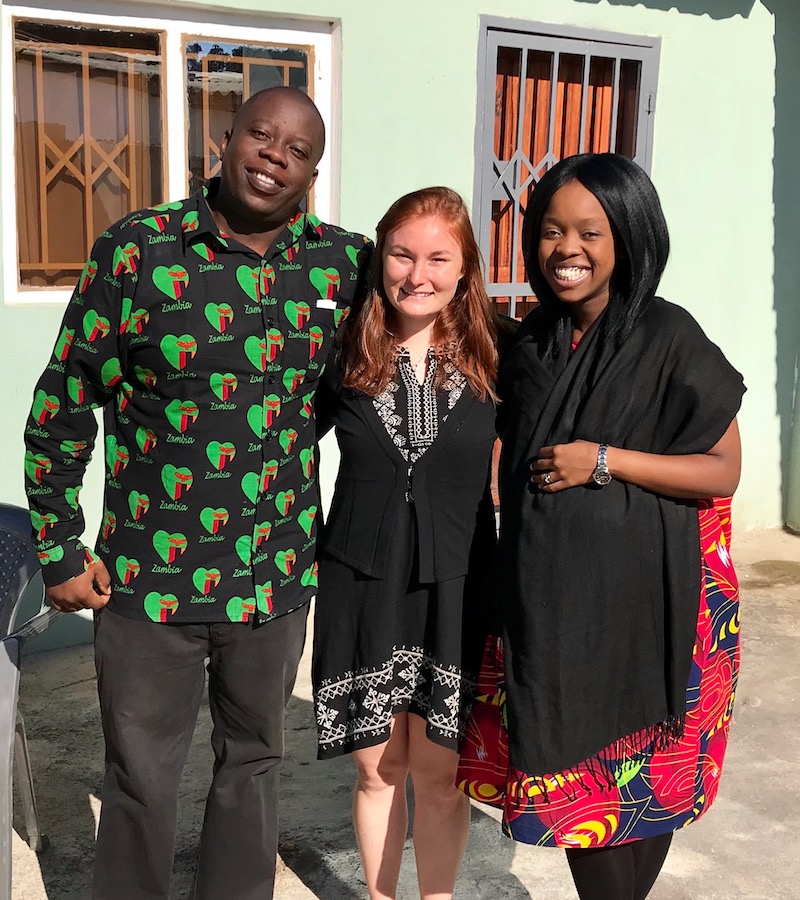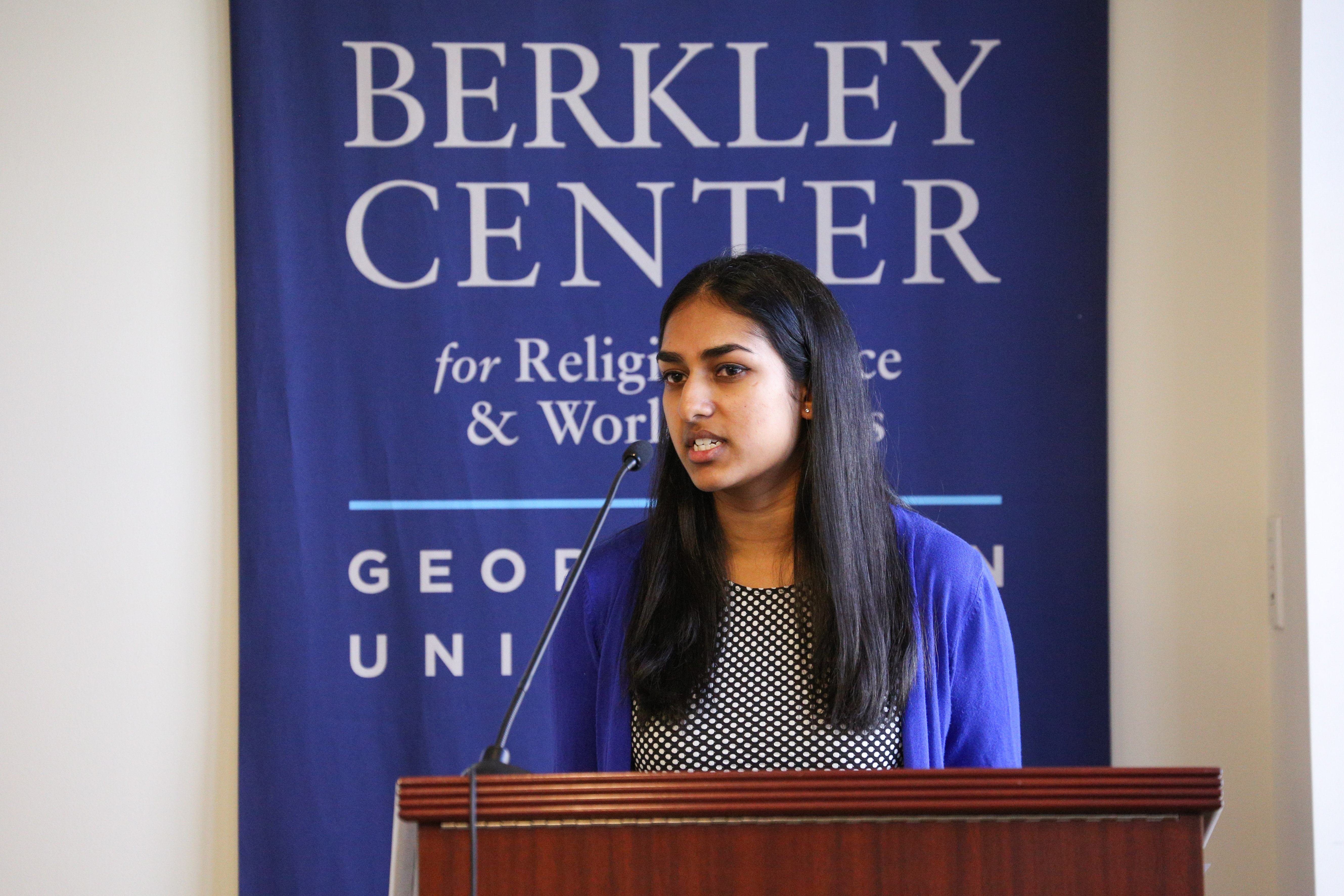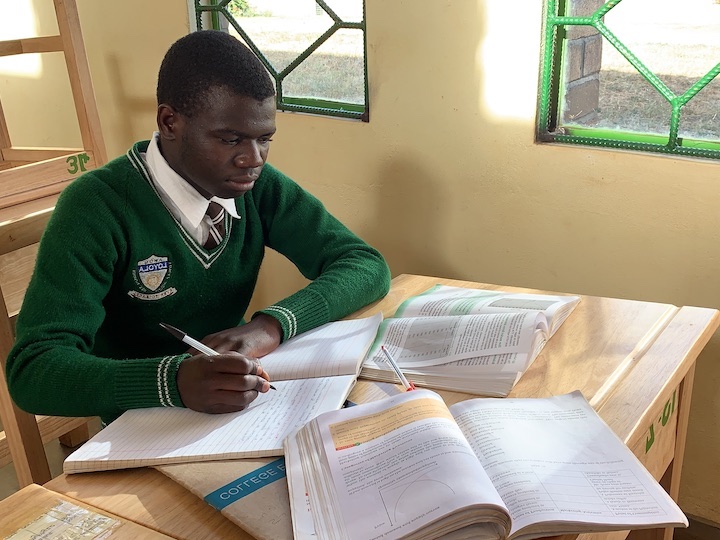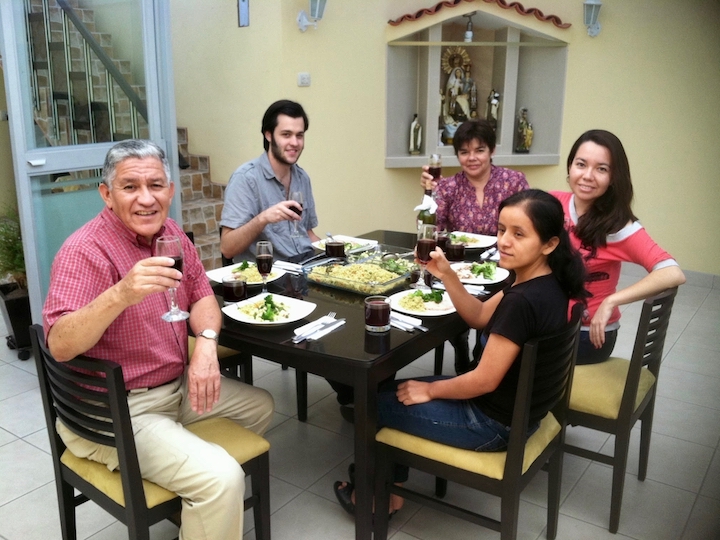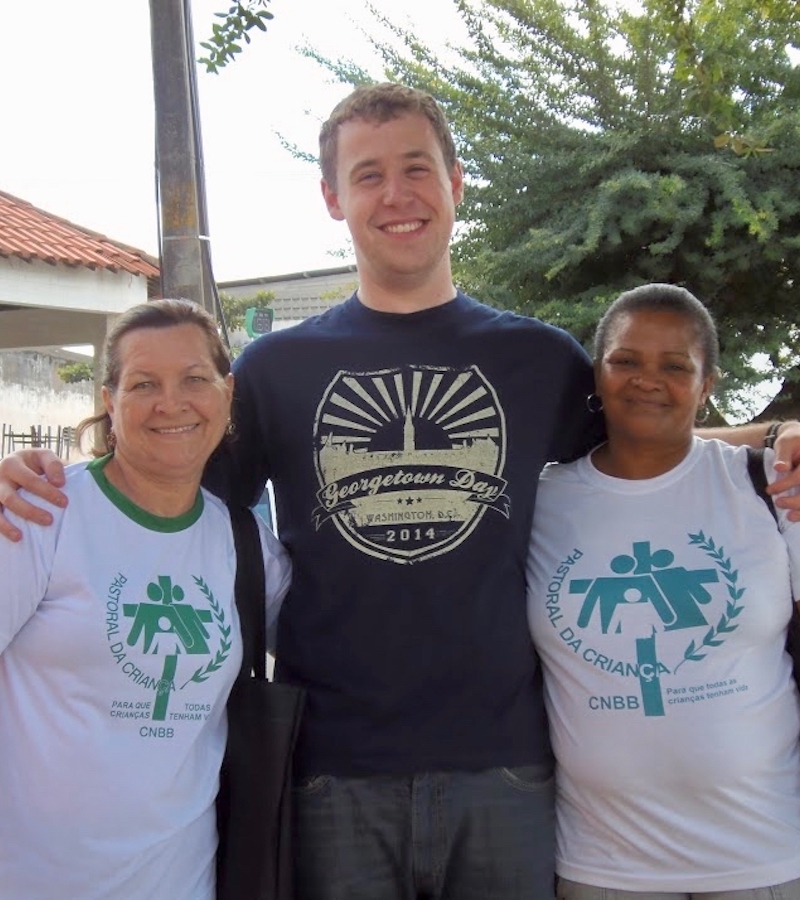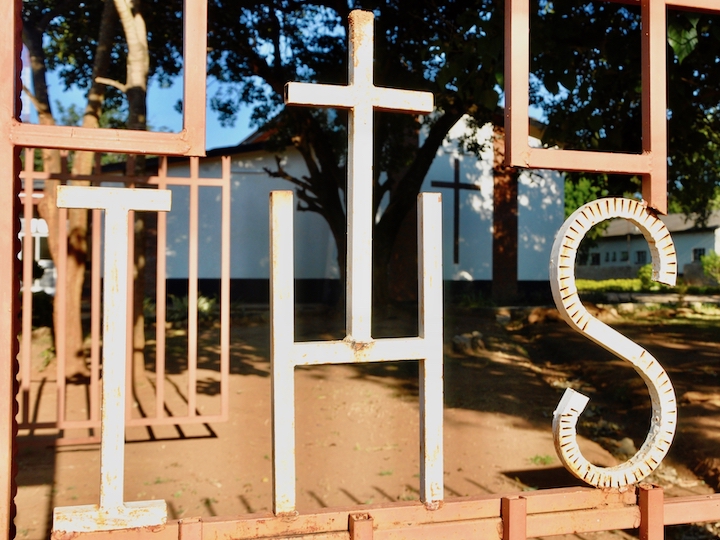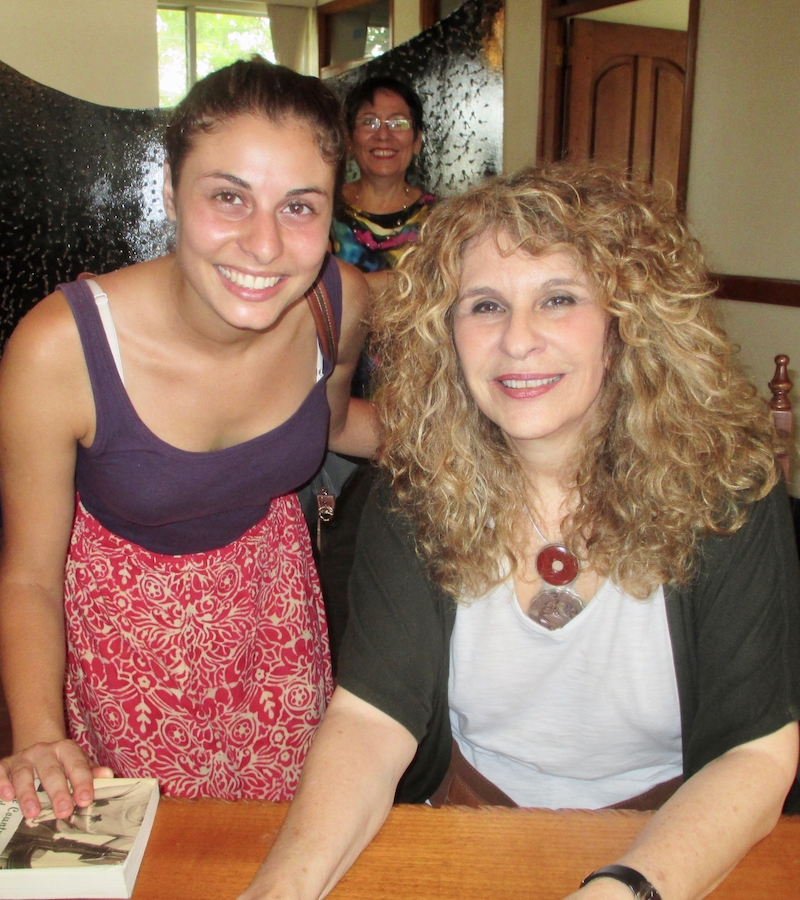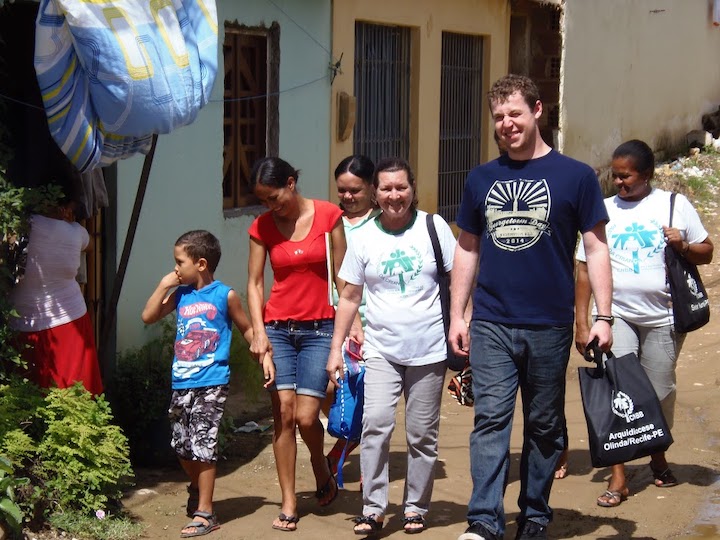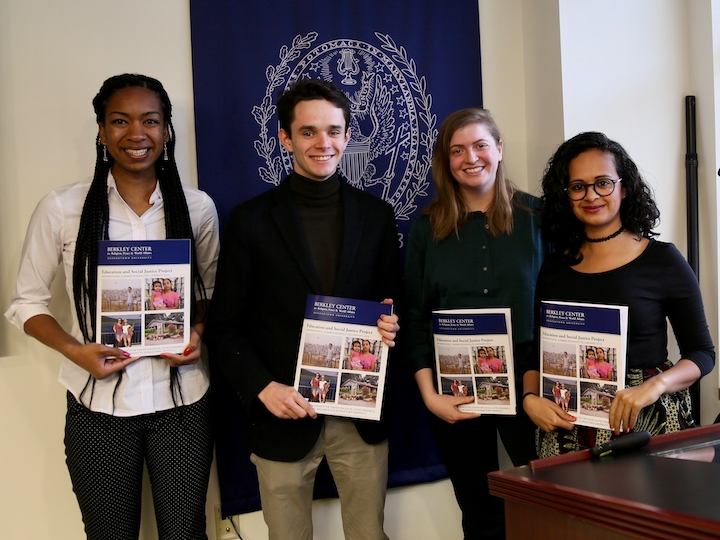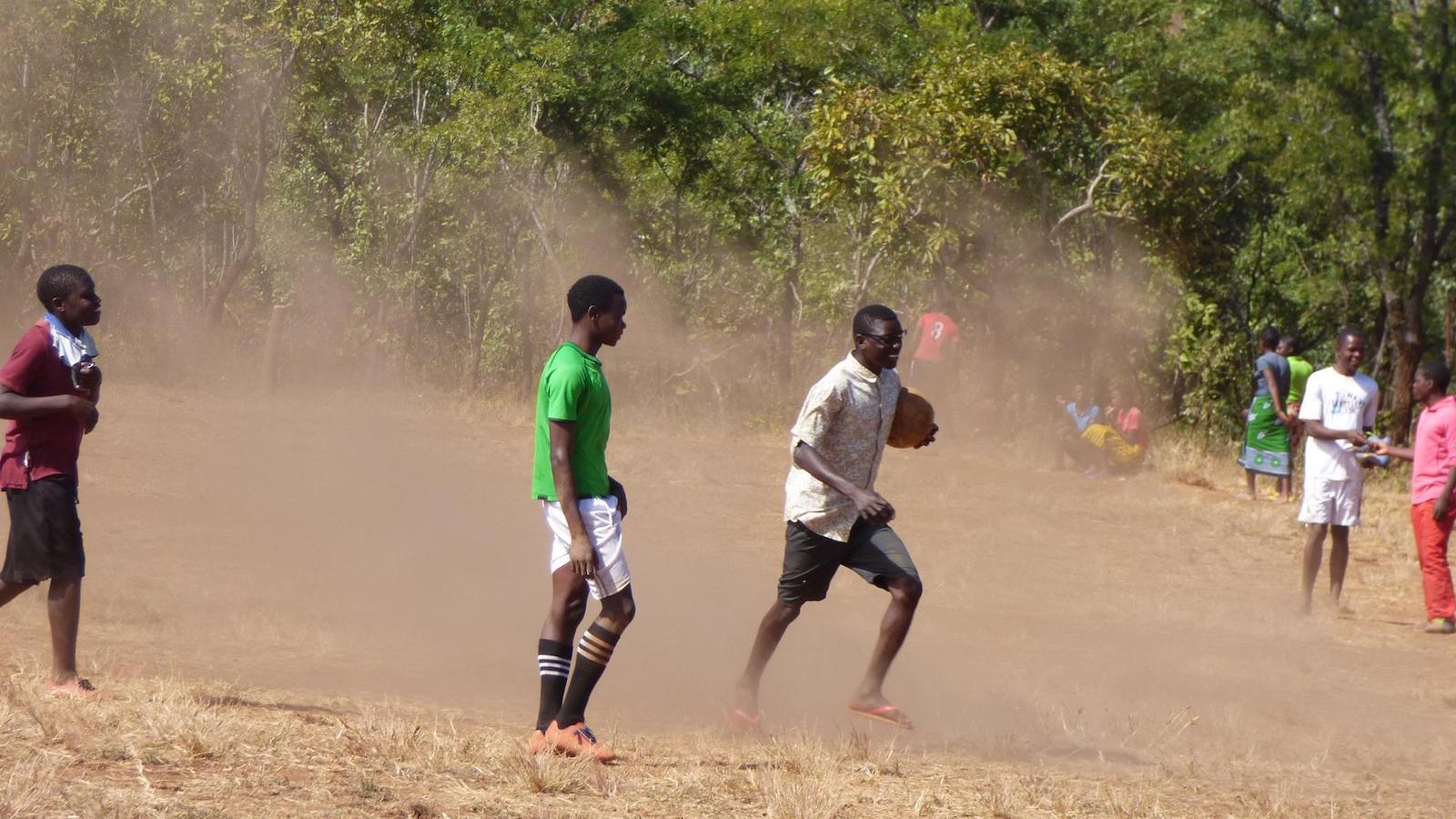The Berkley Center for Religion, Peace, and World Affairs and the Center for Social Justice Research, Teaching, and Service (CSJ) founded the Education and Social Justice Project in 2010 to fill a knowledge gap. Most research on efforts to alleviate poverty through education pays little attention to the innovative efforts of local religious organizations. Over the past decade, ESJ fellows working with faculty mentors have sought to fill that knowledge gap through interview-based research hosted primarily by Jesuit and Catholic institutions in the Global South.
ESJ fieldwork, although conducted abroad, exemplifies central pillars of undergraduate life on the Hilltop. “The Education and Social Justice Project is a unique opportunity for students to enrich their education through on-the-ground encounters with innovative anti-poverty efforts around the world,” says Thomas Banchoff, vice president for global engagement at the university.
Since 2010, ESJ fellows have traveled to almost 40 countries across six continents and conducted a total of 376 interviews. The program has built connections between Georgetown and the wider global Jesuit network and helped to cultivate a generation of activists, scholars, and thought leaders working for social justice around the world.
